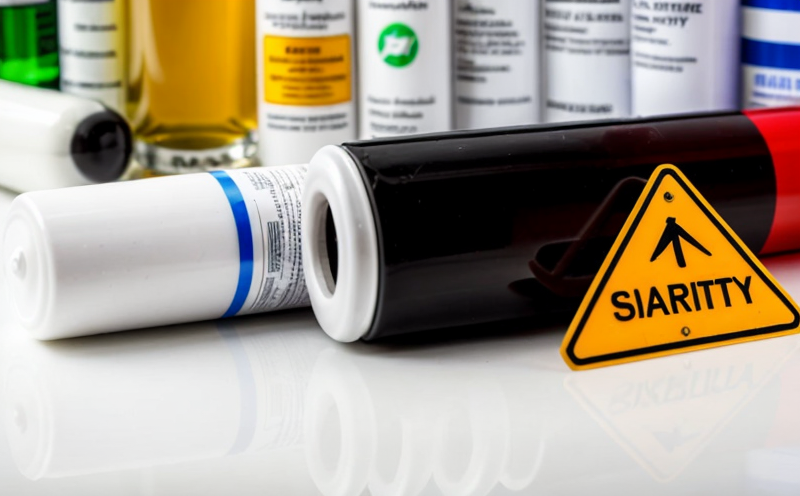Certification for Safety in Pharmaceuticals: Ensuring Quality and Compliance
The pharmaceutical industry is one of the most highly regulated sectors globally, requiring strict adherence to safety protocols to ensure the quality and efficacy of medicinal products. With the increasing demand for safe and effective treatments, certification programs have become essential for manufacturers, suppliers, and distributors to demonstrate their commitment to excellence. In this article, we will delve into the world of certification for safety in pharmaceuticals, exploring the various types of certifications available, benefits, and requirements.
Types of Certifications
Several organizations offer certification programs tailored to specific needs within the pharmaceutical industry. Some of the most prominent ones include:
Good Manufacturing Practices (GMP) Certification: This is one of the most widely recognized certifications for manufacturers, ensuring compliance with international standards such as ICH Q7 and US FDA guidelines.
ISO 9001:2015 Quality Management System Certification: Focused on quality management systems, this certification demonstrates a companys commitment to continuous improvement and customer satisfaction.
Good Distribution Practices (GDP) Certification: Essential for suppliers and distributors, GDP certification ensures that pharmaceutical products are stored, handled, and transported in compliance with regulatory requirements.
Understanding Key Principles of GMP
Here are some key principles of GMP:
Documentation and Records Management
All manufacturing processes must be well-documented.
Accurate records of production, testing, and quality control should be maintained.
These documents serve as evidence for regulatory inspections.
Cleaning and Maintenance
Clean equipment and facilities are essential to prevent contamination.
Regular cleaning schedules and maintenance programs should be implemented.
Cleaning and maintenance activities must be documented.
Personnel Training and Qualification
Employees involved in manufacturing processes must undergo regular training on relevant procedures and guidelines.
A system of personnel qualifications should be established, ensuring that each employee is aware of their roles and responsibilities.
Benefits of Certification
In addition to demonstrating compliance with regulatory requirements, certification has numerous benefits for pharmaceutical companies. Some of the advantages include:
Enhanced credibility: Certification can improve a companys reputation among customers, partners, and regulatory authorities.
Improved quality management: Implementing a certification program encourages continuous improvement in manufacturing processes and quality control procedures.
Increased efficiency: Certification programs often lead to streamlined operations, reduced costs, and increased productivity.
QA Section
Here are some answers to frequently asked questions about certification for safety in pharmaceuticals:
1. What is the significance of ISO 9001:2015 Quality Management System Certification?
ISO 9001:2015 is a widely recognized standard for quality management systems, which demonstrates a companys commitment to excellence and customer satisfaction.
2. How often should GMP certification be renewed?
GMP certification typically requires renewal every 3-5 years, depending on the certifying bodys requirements.
3. What are the key differences between GDP and GMP certifications?
GDP focuses on storage, handling, and transportation of pharmaceutical products, while GMP emphasizes manufacturing processes and quality control procedures.
4. Can a company obtain multiple certifications simultaneously?
Yes, companies can obtain multiple certifications to demonstrate their commitment to excellence in different areas, such as quality management, safety, and environmental responsibility.
5. How does certification impact the bottom line of pharmaceutical companies?
Certification can lead to increased efficiency, reduced costs, and improved productivity, ultimately resulting in cost savings and enhanced profitability for pharmaceutical companies.
In conclusion, certification for safety in pharmaceuticals is a vital aspect of ensuring quality and compliance within the industry. By understanding various types of certifications, their benefits, and requirements, manufacturers, suppliers, and distributors can demonstrate their commitment to excellence and maintain regulatory compliance.

































